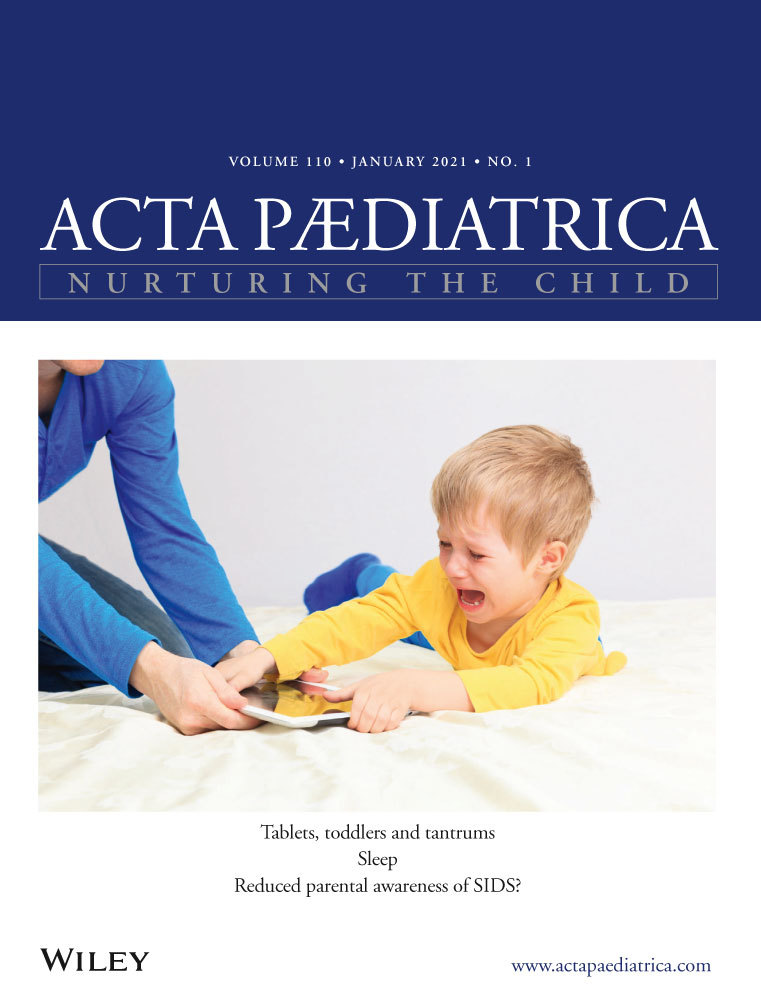Controlled case series demonstrates how parents can be trained to treat paediatric feeding disorders at home
Abstract
Aim
Paediatric feeding disorders are normally managed by specialist clinics. We examined whether treatment gains were maintained when trained parents continued the programme at home and during meals out.
Methods
This controlled consecutive case series recruited 26 children (22 boys) with avoidant/restrictive food intake disorder, from a private paediatric feeding disorders practice in New South Wales, Australia. Their mean age was six (2-13) years. All had severe feeding problems and mealtime skill deficits, and most had autism and developmental delays or intellectual disabilities. The children received intensive, individualised, behaviour-analytic treatment for 11 (6-21.5) days, and the parents were trained to continue it at home. The primary treatment outcomes included the range and amount of food eaten and mealtime behaviour.
Results
The children met all of the therapeutic goals agreed at the treatment outset. They ate a mean of 92 different foods and improved how they ate, drank and behaved during mealtimes. The mean differences before and after treatment were clinically and statistically significant, and the gains were maintained during follow-up at a mean of 2.3 years. Parental satisfaction and treatment acceptability were high.
Conclusion
Specially trained parents successfully continued paediatric eating disorder treatment at home and maintained treatment gains.
CONFLICT OF INTEREST
The authors have no conflicts of interest to declare.




